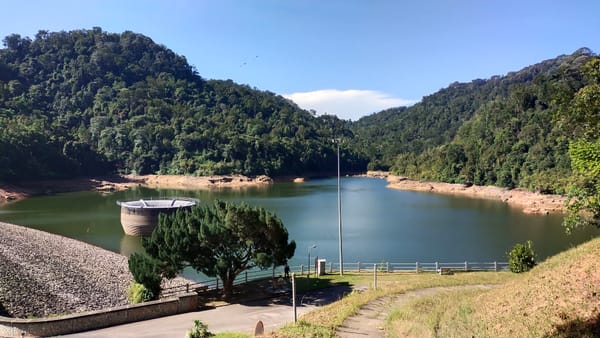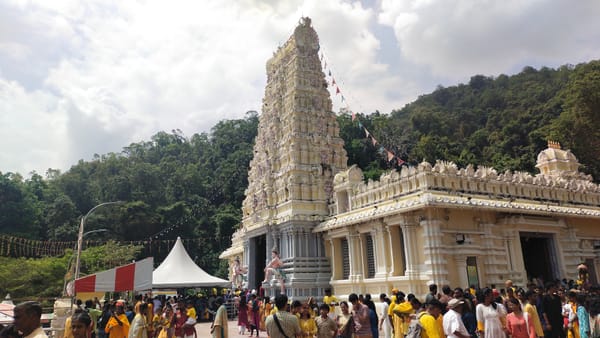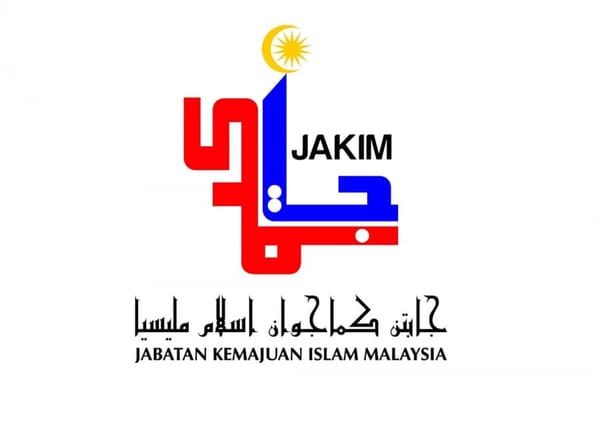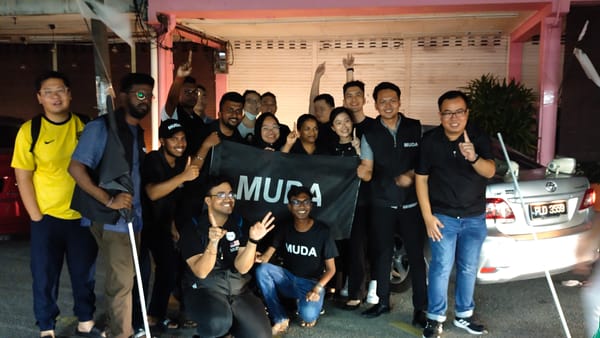KKB by-election: A test for PH and Anwar on Indians' support
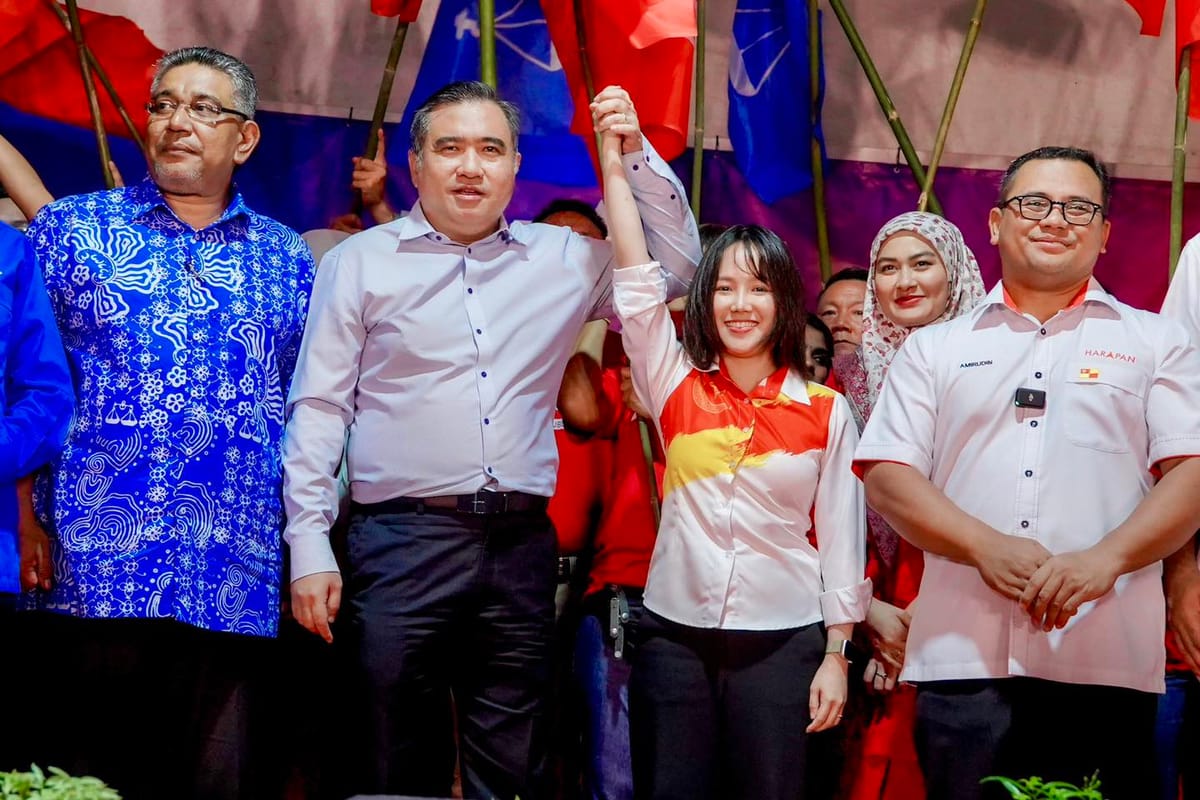
The battle to win the Kuala Kubu Baharu state seat in Selangor was kickstarted last Saturday with four candidates having nominated themselves to contest the seat: Perikatan Nasional Khairul Azhari Saut, Pakatan Harapan’s Pang Sock Tao, Parti Rakyat Malaysia’s Hafizah Zainuddin and independent candidate Nyau Ke Xin.
Kuala Kubu Baharu has 40,226 registered voters, with Malay voters comprising 46%, Chinese (30%), Indian (18%) and others (5%). The seat went vacant following the death of its former three-term representative, Lee Kee Hiong, following a long battle with cancer.
In the state election held last August, Lee retained the seat for PH with a 4,119-vote majority over PN’s Henry Teoh, who is from Gerakan. While this by-election would not affect the standing of both Selangor and the federal government - this election is still crucial for Prime Minister Anwar Ibrahim, as its results on the night of May 11 would showcase the level of support he enjoys among the Malaysian Indian voters in the state.
This is given the fact that Indian voters would become the kingmaker in this election - despite only consisting less than 20% of the total voter population.
Kingmaker role that gave Indians little
Malaysian Indian voters are often told by pundits and political parties during election seasons that they are kingmakers - especially in seats where there is a sizable number of Indians.
The community earned this “kingmaker” title after its switch of political support from MIC and Barisan Nasional to Pakatan Rakyat in the 2008 (GE12) general elections helped the latter to wrest Selangor, Perak, Kedah and Penang from BN, as well as denying the coalition the two-thirds majority in the Dewan Rakyat that it has been enjoying since 1957.
Such a kingmaker role should have resulted in improvements for the community such as higher enrolment in public universities and matriculation colleges, a high recruitment and promotion rate in civil service, and a reduction of poverty rate within the community via numerous government programmes.
Unfortunately, the community finds itself to be taken for granted by the political parties it backed as nothing seems to be improving. Its youths still have to beg for seats in matriculation colleges and public universities despite being high achievers. Whenever they speak up for better educational opportunities by moving away from the racially discriminatory quota system, they are told that doing so would cost Pakatan Harapan and Barisan Nasional election victories in the future.
To add salt to the wound, the Madani government is not doing a good job of convincing the Indian community that it has the latter’s interests at heart with the constant moving of the Malaysian Indian Transformation Unit (Mitra) between the national unity ministry and the Prime Minister’s Department. Which Malaysian Indian won’t feel belittled and insulted by how the Madani government is handling Mitra?
Truth to be told, this community still could not get a win despite having a prime minister from PH who often says “Anak India Anak Saya” (Indian children are my children) and has given lofty promises to the community that he will help alleviate the community from the socio-economic quagmire that it has been facing for long.
Disappointed, the community began to revolt against Anwar and Pakatan Harapan, starting with the August 2023 state elections - where it was revealed that Indian votes had dropped by 21%, 19% and 12% for PH in Negeri Sembilan, Penang and Selangor, respectively, at the six state polls.
On the other hand, the Indian votes for PN in Penang, Negeri Sembilan and Selangor increased by 29%, 19% and 14%, respectively. At this point, there is no doubt that Malaysian Indians are very upset with Anwar and they are feeling the need to teach him more painful lessons.
Given their kingmaker ability in Kuala Kubu Baharu, we have ex-politicians currently persuading the community to boycott PH because they know the Indians of Kuala Kubu Baharu hold the key to the coalition’s victory there since a majority of Malays are expected to go for PN and that PH can’t solely rely on the Chinese votes to win this seat.
This community’s unhappiness towards Anwar is why Pang’s quest to retain the seat is getting more challenging for her, as she also needs to put a halt to the bleeding of support from the Indian voters to PH and Anwar himself - despite being a mere state seat candidate.
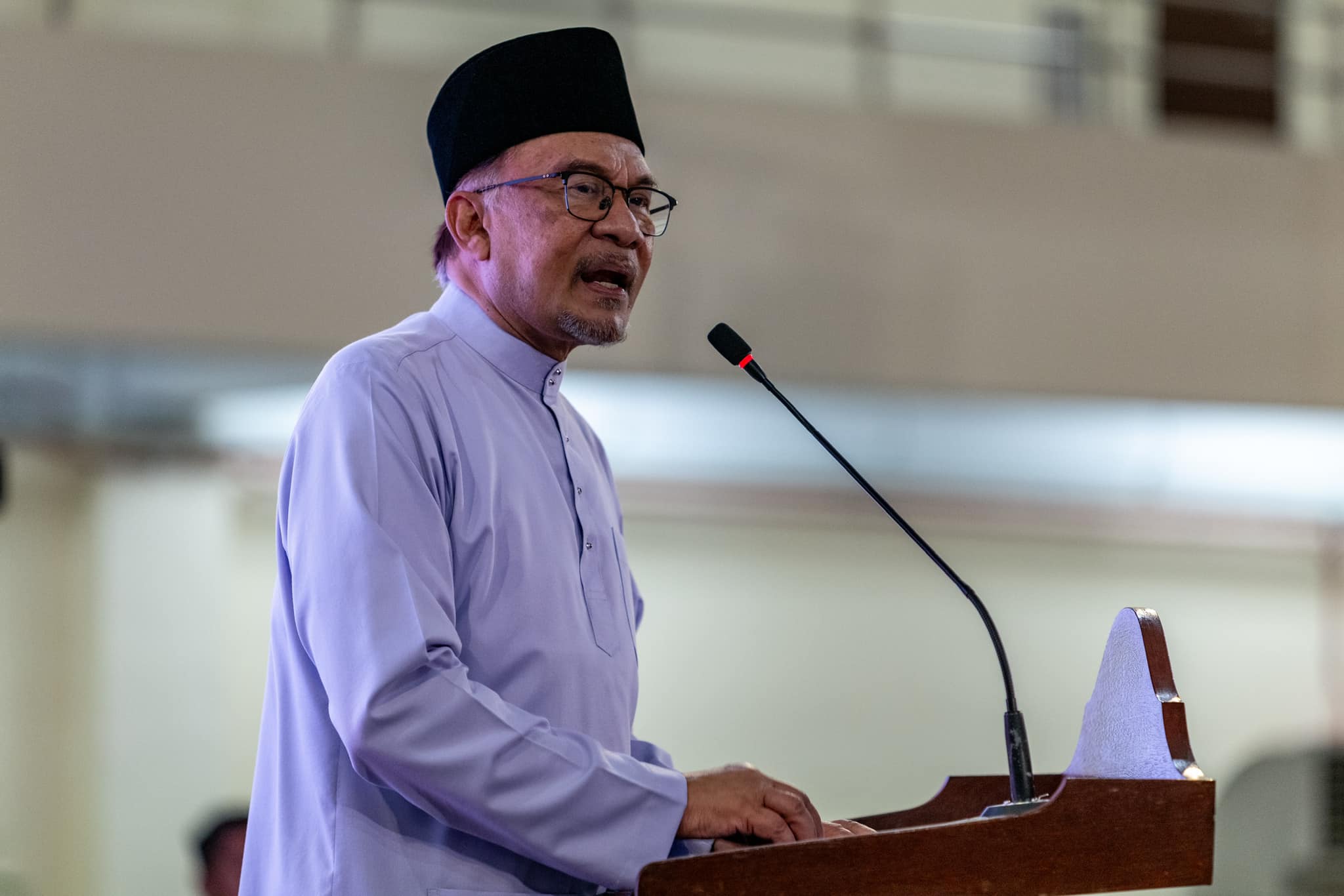
Heeding Charles Santiago’s “indirect warning”
On 15th April, former Klang MP Charles Santiago shared an account of his engagement with the local Indian leaders from Kuala Kubu Baharu on his Facebook page, where he discovered that the community is struggling with poverty and unemployment, with school dropout rate appearing to be high among those from the B60 income strata.
He also found that the community is also disillusioned with promises to overcome their poverty via businesses and other opportunities, which remain to be fulfilled.
But the most eye-catching revelation shared by the former Klang MP was the admission by the community that it has become distrustful towards the state institutions and politicians’ ability to help solve their problems, as their efforts to secure support from the state have been demoralising for them.
Santiago's account could be interpreted by readers as an “indirect warning” by the ex-MP that the Indian community here are feeling that the PH-controlled Selangor state government might have not done a good job for them and that they might not support them again this by-election.
As the PH candidate, Pang would have to take heed of Santiago’s “indirect warning” by looking into what went wrong with the way how Selangor PH tended to the needs of the Indian voters in this constituency.
It is important to point out that the Indian voters there would not be harbouring defeatist sentiments, as highlighted by Santiago unless state PH did a good job in serving the community’s needs. Something is wrong here, and Pang needs to look into it and rectify the wrongs committed by offering realistic and tangible campaign pledges for the community.
Perhaps she should work closely with Santiago in reaching out to the Indian voters here and identifying solutions for this community during the campaign trail.
PH can’t afford to lose Indian votes
Pang could not afford to lose the Indian votes because such an electoral record would not only augur badly for her party but for Anwar as well.
According to Selangor DAP treasurer and former Bangi MP Dr Ong Kian Ming, DAP can win the seat should voter turnout reach 58%, and the party manages to clench 20% of the support from the Malays, 90% from the Chinese, and 80% from the Indians.
In an opinion editorial, he also warned that the party may lose the seat by more than 4,000 votes in the worst-case scenario where the turnout of Chinese and Indian voters drops below 50% and Chinese and Indian support drops to 80% and 70%. Based on Dr Ong’s analysis, Pang needs to clench 80% support of the Indian voters to win Kuala Kubu Baharu.
Her loss of Indian votes would mean that DAP and Anwar are losing the community’s support, which the prime minister could not afford to deal with should he intend to secure himself a second term as PMX post-16th general elections.
PH needs as much non-Malays' support it can get to win GE16, and the Malaysian Indian community’s rejection of Anwar and the Madani government would simply crush his plans to secure a second term.
In conclusion, this by-election would be closely watched by many as the results would indicate whether Anwar and the Madani coalition would continue to lose more Indian votes or otherwise.
Pang is faced with the massive challenge of retaining whatever is left of Kuala Kubu Baharu Indians' support for PH. She simply can't afford to lose their votes, as such a scenario would be politically devastating for DAP, PH, Anwar and his Madani ideals.
-END-
Note to readers:

